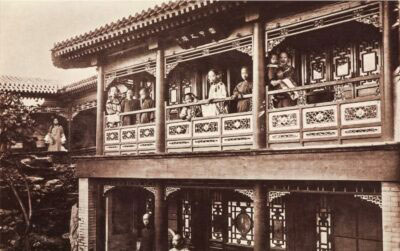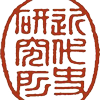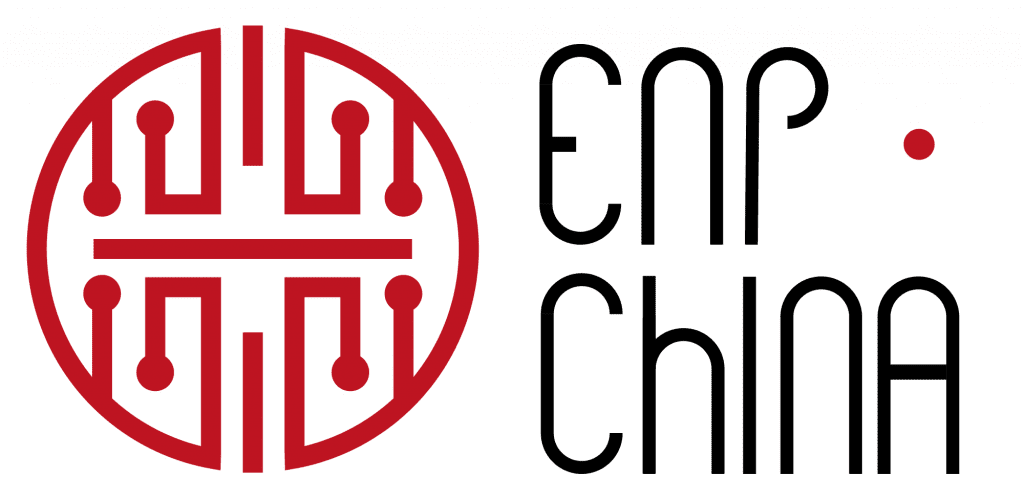
The « Elites, Networks and Power in modern urban China » project explores the transformative process of elites in China between 1830 and 1949. It focuses on three main urban areas which were the engines of change in modern China: Beijing/Tianjin, Guangzhou/Hong Kong, and greater Shanghai.
The project intends to challenge the China-centered and group-based approach dominant in the historical literature of the past two decades. The project envisions elites in urban China as actors whose status, position, and practices were shaped by the power configurations that developed over time and whose actions through institutions and informal/formal networks in turn were a determining factor in redrawing social and political boundaries. The project places the emphasis on the networks through which information, capital, and individuals circulated. It investigates the transnationalization of elites as a process that overstepped the limits of institutions and nation states.
The key methodological issue that the project addresses is breaking through existing limits of access to historical information that is embedded in complex sources and its transformation into refined, re-usable and sustainable data for contemporary and future study of modern China. It proposes a step-change in the study of modern China reliant upon scalable data-rich history to deliver precise historical information at an unprecedented scale from heretofore untapped sources – as well as reshaping the analysis of existing sources – to create a new dimension in the study of the transformation of elites in modern China.






